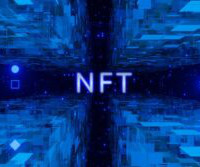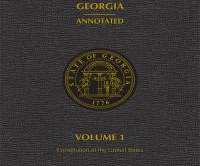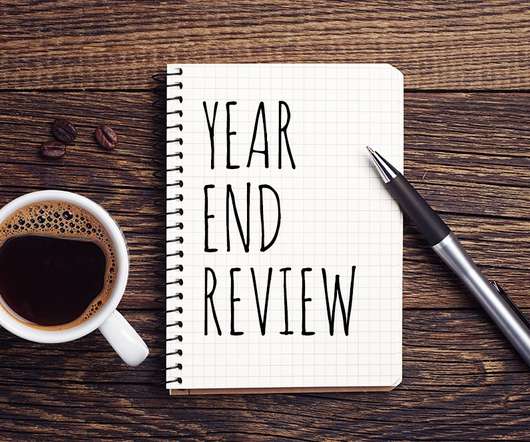The Canadian Government Makes its Choice: Implementation of Copyright Term Extension Without Mitigating Against the Harms
Michael Geist
APRIL 27, 2022
The Canadian government plans to extend the term of copyright from the international standard of life of the author plus 50 years to life plus 70 years without mitigation measures that would have reduced the harms and burden of the extension. Freeland has a long history with copyright term and surely understands the costs to Canadians.























Let's personalize your content